05. 02. 2020
Lisbon local workshop: “Urban Resilience as a continuous process”
Lisbon hosted on January 23rd at Lisbon City Hall the Workshop Lisboa “Urban Resilience as a continuous process”, with 117 participants, representing 28 public and private entities, from central, regional and local administration, including strategic stakeholders from different sectors involved in all phases of RESCCUE project, which have contributed throughout these almost 4 years, to affirm Lisbon as a resilient city to climate change. This event was associated with Lisbon European Green Capital 2020.
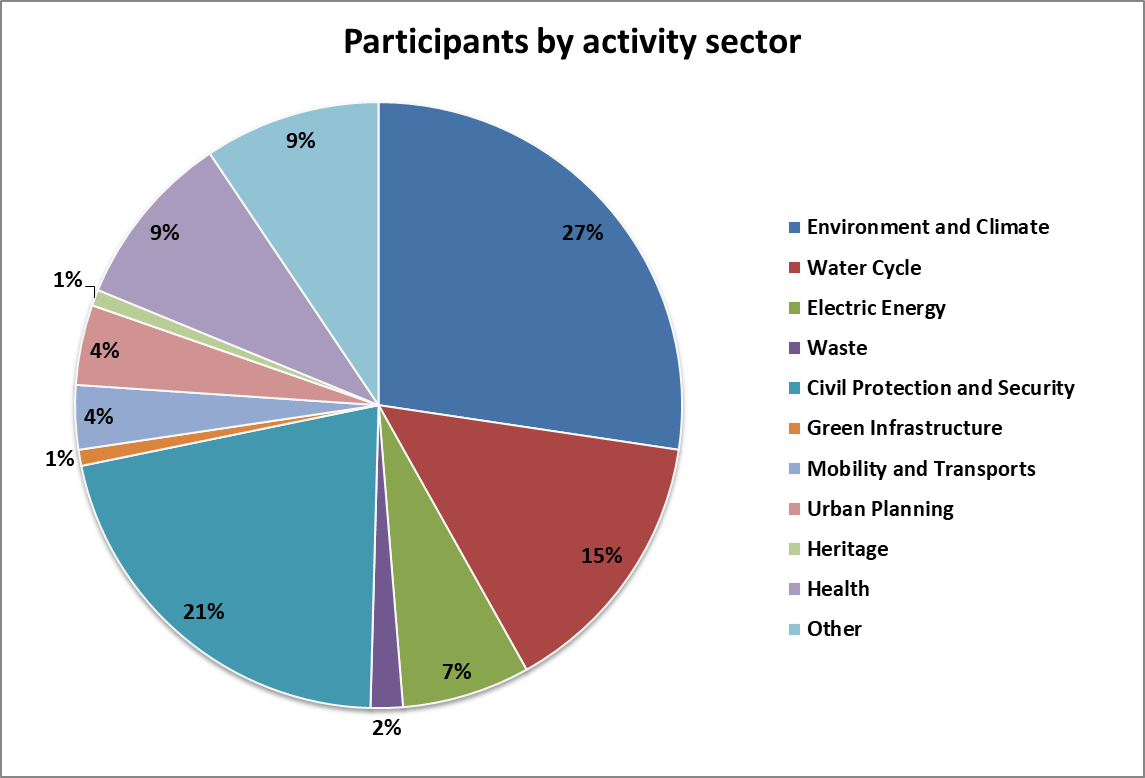
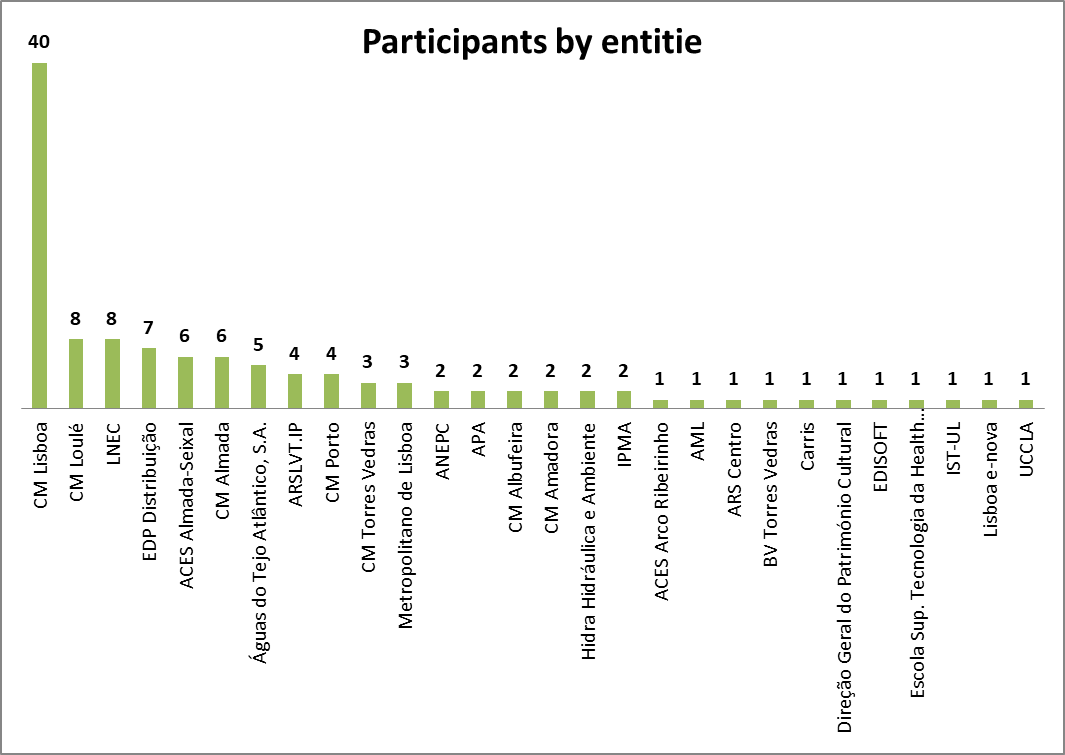
The workshop promoted by the Portuguese consortium was intended to:
– Share RESCCUE results and experiences in terms of Urban Resilience, climate change, Sustainable Development, modelling, strategies and measures;
– Strengthen partnerships;
– Encourage “Governance” and “Citizenship”
The (4) videos produced by Lisbon City Council entitled “Urban Resilience as a continuous process that needs to be accelerated”, have designated and guided the 4 discussion panels promoted, respectively:
- What makes a city resilient to climate change?
- How can we accelerate urban resilience?
- What makes Lisbon resilient to climate change?
- How to maintain the community Involved in the urban resilience process?
The session was attended by the Councilor for the Environment, Climate, Energy, and Green Structure, who welcome all presents participants. It was structured by the following presentations: “Metropolitan Plan for Climate Change Adaptation” (Lisbon Metropolitan Area), “Climate Action Plan for Lisbon” (Agency for environment and energy Lisboa e-nova) including a field visit driven by ADTA to watch the sea level valve chambers and the wastewater pump and lift “Agências” Station in Down Town (Terreiro do Paço).
The presentations made by the Portuguese consortium aimed to highlight the following aspects:
- Initial challenge: 3 Cities 3 study cases, approaches and methodologies replicable to other cities;
- The path is done by RESCCUE in terms of climate scenarios projected at medium and long term to Lisbon city: city characterization, services and interdependencies, modelling extreme meteorological events, multi-risk and sectorial assessment (water cycle, transports and mobility, energy and urban waste) for current and future scenario;
- Build up a database of measures and strategies and modelling results with strategies for current and future scenario;
- App Resilience Assessment Framework (RAF), a tool to evaluate the Urban Resilience to Climate Change, Lisbon study case (applicability and replicability);
- Resilience Action Plan (RAP) to climate change, Lisbon study case (applicability and replicability);
- Project dissemination: attendance to events, conferences, workshops, forums to disseminate the project, involve the community and the citizens, emphasizing the Lisbon study case.
The closing session “How to maintain the community Involved in the urban resilience process?” was interactive, using the Mentimeter App, to promote interaction and dialogue with the audience, from which relevant and valuable interventions were provided.
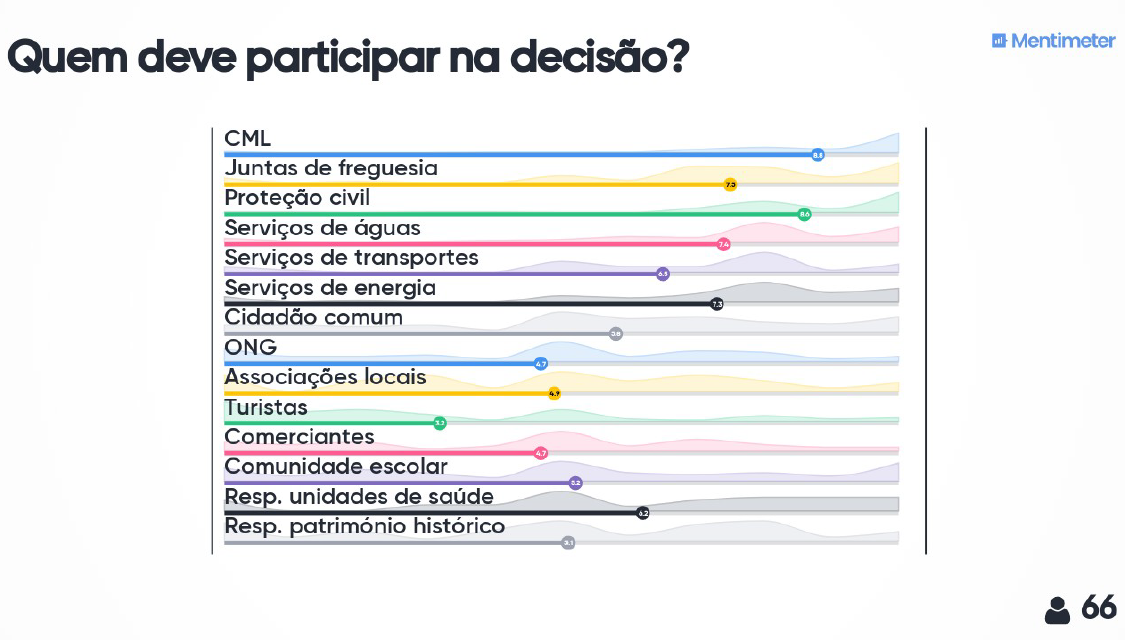
Figure 1) Mentimeter question: Who should participate in the decision process?
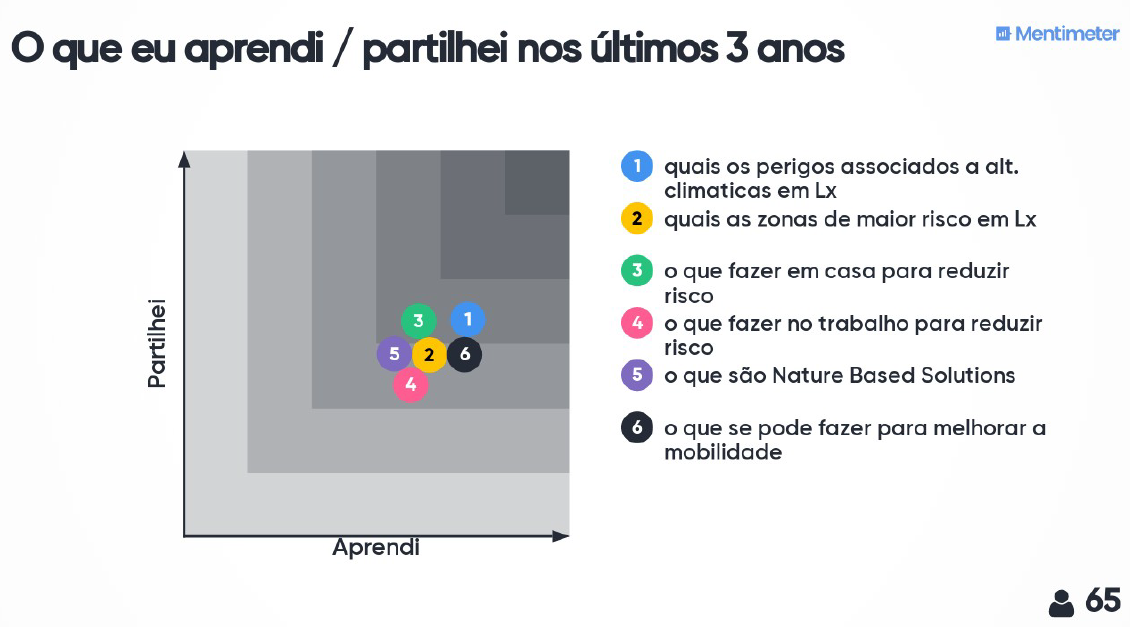
Figure 2) Mentimeter question: What did I learned/shared during the last 3 years?
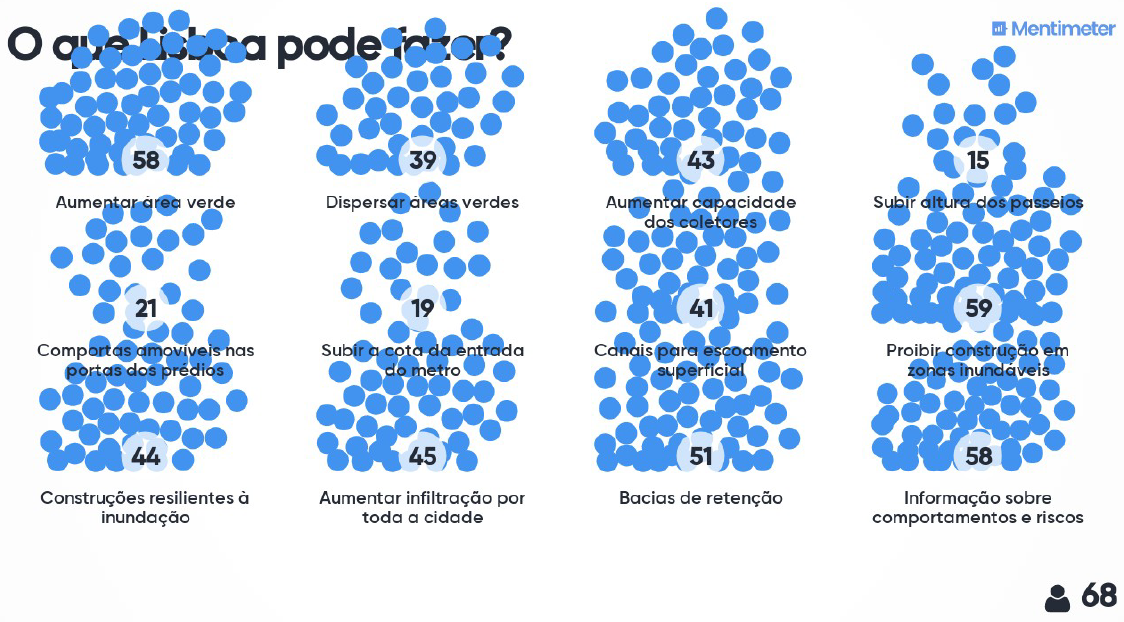
Figure 3) Mentimeter question: What Lisbon can do?
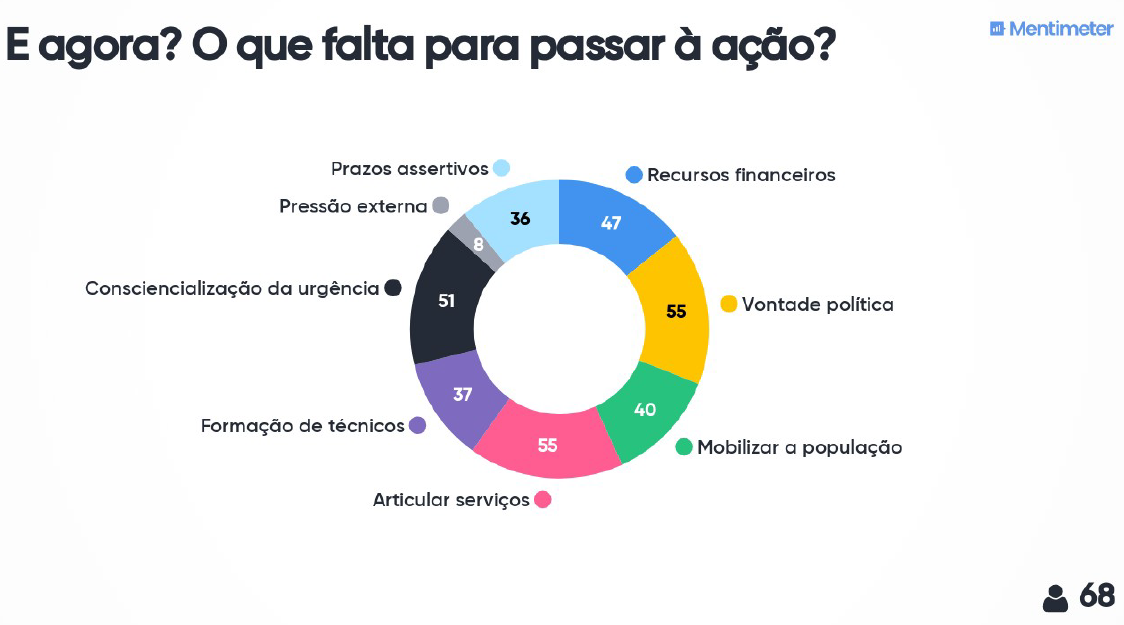
Figure 4) Mentimeter question: And now? What’s missing to take action?
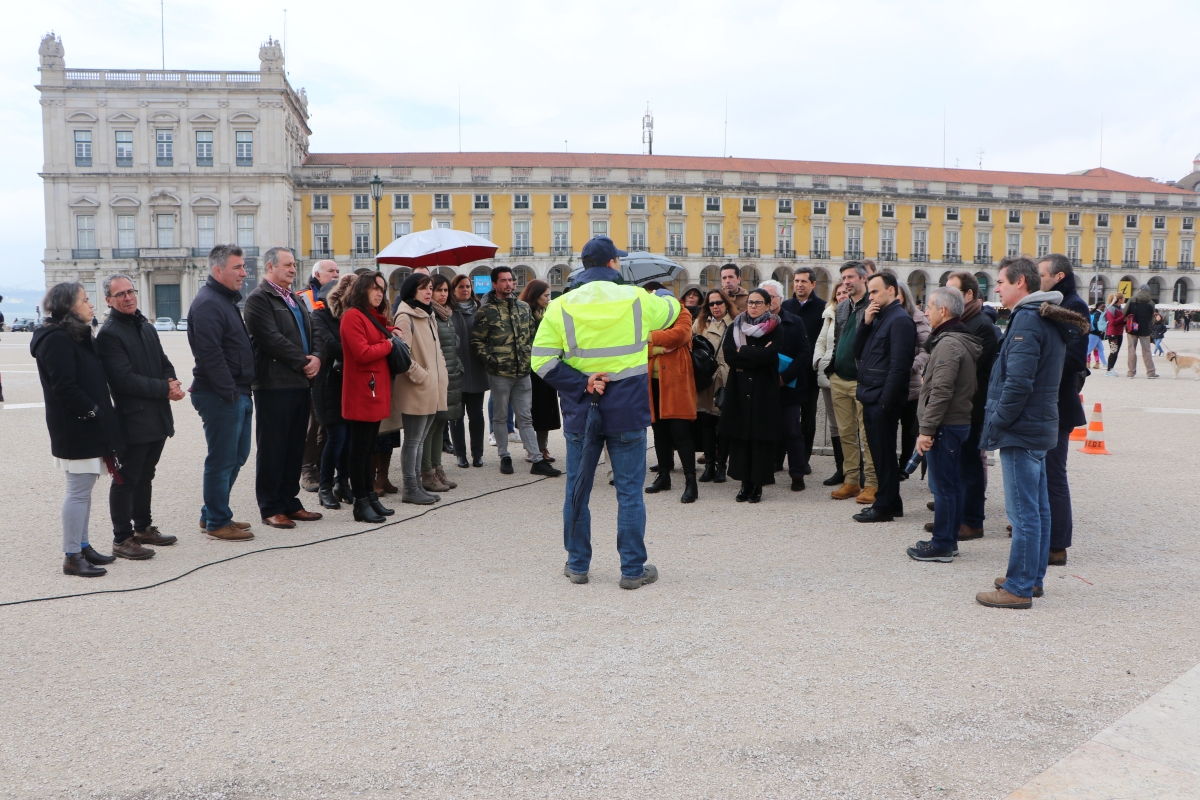
In conclusion, all the proposal goals were fully achieved, and it was unanimous that the “Urban Resilience as a continuous process” Workshop followed a success strategy to present the RESCCUE results and the chosen title was recognized as a key sentence to face the future by those cities that aim to be resilient to climate change.
